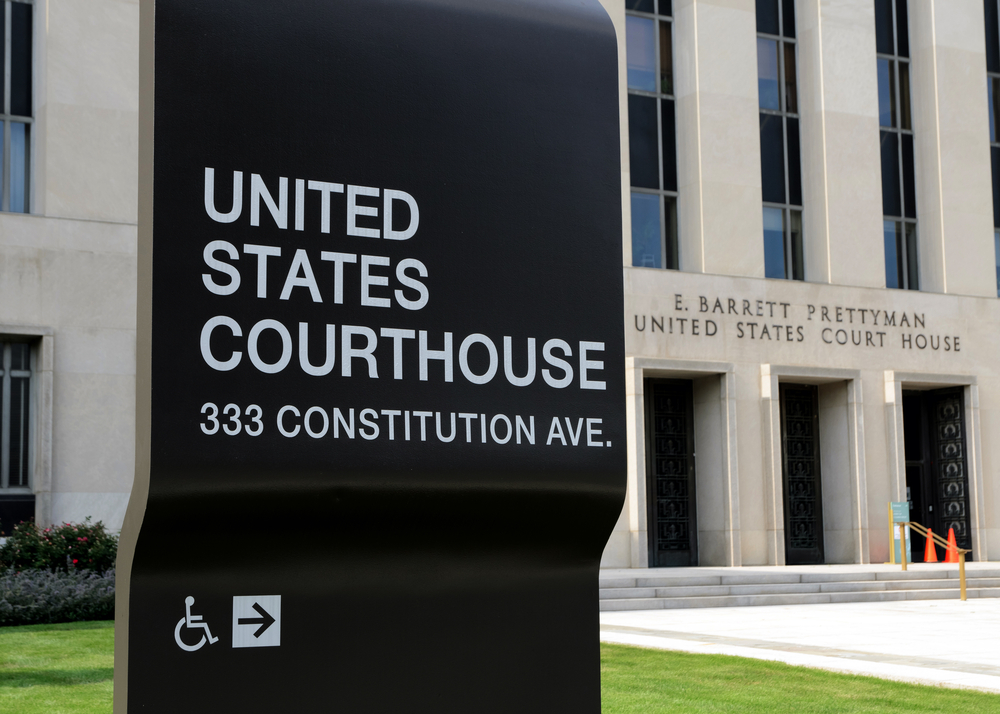What Are Some of the Differences Between the State and Federal Courts?
 NYC Litigation Attorneys
NYC Litigation Attorneys
There are essentially two different court systems in the United States: the federal courts and the state courts. And while these two court systems share many similarities, there are also important differences. Depending on the circumstances, you may not have an option and will be compelled to use one of these two systems. However, in other circumstances you may be able to choose between the two. If you are commencing litigation, or have been sued, you should discuss these issues with an experienced litigation lawyer to assess whether you have the option to choose between federal and state court and, if so, which court is strategically better for you.
Federal and State Courts
Federal courts are established under the U.S. Constitution and, for the most part, decide disputes involving federal laws and disputes between citizens of different states where the amount in issue exceeds $75,000.00. State court systems on the other hand, are established by state governments and are not restricted as to the type of cases they will hear. That is, there is a state court for every type of case that arises under state law.
The Kinds of Cases Each Court Hears
In general, state courts hear cases involving violations of state criminal law, divorce, family disputes, landlord and tenant matters, and business disputes such as breach of contract, unfair competition, real estate disputes, and fraud. State courts typically do not hear cases against the United States government or cases involving federal laws related to criminal, antitrust, bankruptcy, patent, or copyright issues. Rather, these types of matters are adjudicated in the federal courts. Federal courts hear cases in which the United States government is a party, cases concerning violations of federal law, and those involving violations of the U.S. Constitution, as well as cases between citizens of different states where the amount in controversy exceeds $75,000.00. As to the latter category, federal courts will apply state law. Federal courts may also apply state law in cases arising under federal law when the state law issues are sufficiently related to the federal claims.
There are cases in which a case can be heard in either state or federal court. There are also instances (depending on which state you are in), where there are both state and federal laws which apply and overlap. In such circumstances, a party commencing a lawsuit can choose which court to go to. Moreover, when a case can be heard in either court system and has been brought in state court, the party that has been sued can have the case removed to federal court. You should discuss with your litigation lawyer the pros and cons of being in the state court versus being in the federal court system.
Procedural Differences
Depending on which state you are in, there may be important differences from federal court in how cases are handled procedurally. For example, in the federal system, appeals are typically not permitted as of right until the case has been finally determined. Therefore, if you get a decision you and your litigation lawyer believe is wrong, you must wait until the case is over before you can seek to have it reversed on appeal, which may be years later. By contrast, in New York, decisions from a lower court may be appealed as of right, meaning you do not need to await the end of the case to pursue your appeal. So, for example, in New York, the court may deny your request to dismiss a case that has been brought against you and you have the right to immediately appeal that decision. If the appellate court agrees with you then the case may be dismissed by the appellate court and the case will be over. In federal court, however, you do not have the right to immediately appeal a lower court’s denial of your request to have the case dismissed, with the result that you must continue litigating the case until it is concluded before you can appeal.
In addition to the issue of the timing of when appeals may be taken, there can be other important procedural differences between federal and state court, depending on the state you are in. These differences include, among others, the standard applied on a request to dismiss the case, the scope and timing of discovery (the exchange of information with the other side) and number of depositions permitted, deadlines for when certain activities must be conducted, how long the case will take to be concluded, and the number of jurors needed for a favorable verdict.
Discuss With Your Litigation Lawyer Where Your Case May Be Heard
Regardless of whether you are in the position of bringing a lawsuit or being sued by someone else, you will need to sit down with your litigation attorney to plan your legal strategy. An experienced litigation lawyer will include as part of any such discussion an exploration of what your options are in terms of the state court versus federal court, and assuming you have the option, which is better for you.
If you are considering filing a lawsuit, or have been sued, you should consult with the NY business litigation lawyers at Kravet & Vogel.
